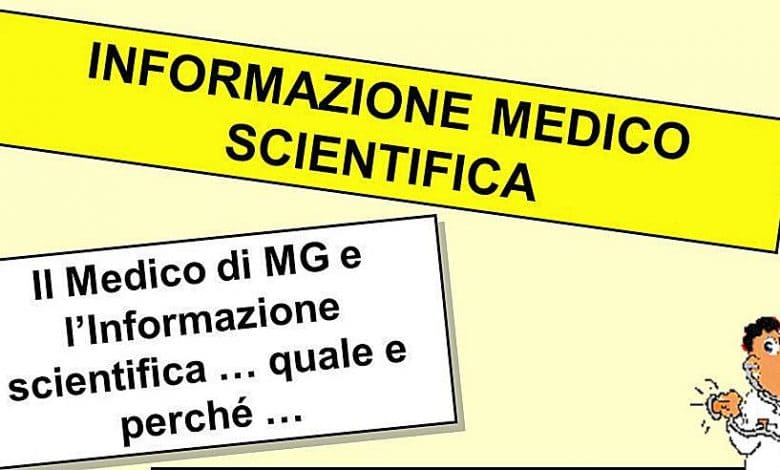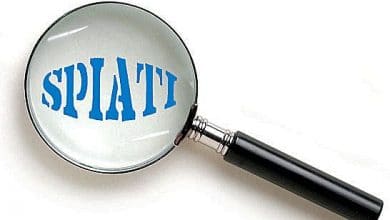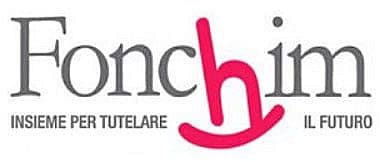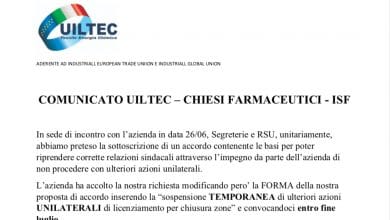
Physicians get most of their drug information from sales representatives
Published: 03/09/2014 Nino Cartabellotta HUFFPOST
According to Don Berwick's taxonomy of waste in healthcare (JAMA 2012) fraud and abuse erode a substantial percentage of healthcare expenditure, estimated in Italy by the National Agency for Regional Health Services around 5-6 billion euros/year. This figure, while considerable, does not include all the waste related to professional conflicts of interest which, although without legal relevance, eat away at an even greater percentage of public money.
 In Healthcare, the conflict of interest occurs when a professional "is in a condition where the judgment relating to a primary interest tends to be influenced by a secondary interest, such as economic gain or other personal advantage". This definition by Marco Bobbio perfectly identifies the true nature of the conflict of interest which is repeatedly ignored in all debates on the subject: it is not a question of behaviour, but a condition that occurs whenever there is a relationship capable of compromising independence of judgment of the person. In other words, the extent of the conflict of interest depends on the disloyalty of the outside influence, regardless of the consequences that may follow.
In Healthcare, the conflict of interest occurs when a professional "is in a condition where the judgment relating to a primary interest tends to be influenced by a secondary interest, such as economic gain or other personal advantage". This definition by Marco Bobbio perfectly identifies the true nature of the conflict of interest which is repeatedly ignored in all debates on the subject: it is not a question of behaviour, but a condition that occurs whenever there is a relationship capable of compromising independence of judgment of the person. In other words, the extent of the conflict of interest depends on the disloyalty of the outside influence, regardless of the consequences that may follow.
Considering that economic gain is an essential component of any professional activity, secondary interests are absolutely legitimate and must never be demonized. In fact, the conflict of interest emerges when the importance of secondary interests tends to prevail over the primary ones represented in healthcare by the ethical, deontological and legal duties of all professionals: people's health, the integrity of research, the training of healthcare professionals, the balanced and correct information of patients.
The conflict of interest is intrinsic to the NHS, it is widespread and acquitted in the public square because "everyone loves it". Consequently, it undermines the integrity of the system by promoting the diffusion of ineffective and inappropriate health interventions (diagnostic tests, drugs, surgical interventions, etc.) and by fueling numerous opportunistic behaviors at various levels.
• Scientific information. Numerous conflicts of interest influence the world of research which produces the information necessary to guide professional behaviour. Today, in fact, the research agenda is largely dictated by the pharmaceutical and biomedical industry; biomedical journals have enormous autonomy in deciding which studies to publish; doctors get most of their drug information from sales representatives; the continuing education market is full of industry-sponsored initiatives.
• Interventions and health services. It is a real market that is inevitably affected by information asymmetries that allow healthcare professionals to influence both the offer of services and services, and the demand from patients. This leads to the prescription and delivery of countless ineffective and inappropriate health interventions, especially when commercial profit becomes the main motive of the market and the regulatory mechanisms are non-existent or ineffective.
• Freelancer. The intramural free profession (so-called 'intramoenia') is an activity governed by the law which guarantees citizens the possibility of choosing the doctor to whom to go. Considering that the services are generally the same that professionals provide as civil servants, it is not difficult to favor one's private activity by "modulating" the quantity of services provided by the public structure, especially if this allows the citizen to reduce waiting times.
• Scientific societies. Even if not directly involved in the provision of health services, they play a significant role because, thanks to the production of guidelines, they define the clinical-care standards to guide professional behaviour. Furthermore, scientific societies define the agenda of priorities, both through the themes identified for the training of their members, and by drawing citizens' attention to specific diseases and conditions. In the face of economic interests, conflicts of interest can jeopardize the independence of scientific societies, also because in Italy there is no obligation to publicly report the amount of funding received from industry. It is well known that the organization of scientific society congresses is generally sponsored by pharmaceutical and biomedical companies which confer – generally indirectly – substantial fees to the speakers, in particular to particularly influential opinion leaders.
• Patient associations. Alongside the initial voluntary activity, often complementary to the health service, in recent years an ever greater ability to influence or support health policy decisions has gradually established itself. Consequently there is the risk of conditioning, evident in the composition of the association bodies (with imbalances in the presence between patients and professionals), in relations with commercial sponsors or even in the support of lobbying initiatives to promote the use of specific drugs and other technologies sanitary.
Unfortunately, the thorny issue of conflicts of interest in healthcare has never been given relevance in our country consistent with its potential impact on the NHS, whose sustainability is also linked to the rigorous integrity of all actors. In fact, the small institutional initiatives and those promoted by various organized forms of civil society have never had any real impact and/or have run out after the initial enthusiasm.
In this regard, it would be interesting to know the ways in which the National Federation of Orders of Surgeons and Dentists intends to monitor the implementation of article 30 of the new Code of Medical Ethics who, in an absolutely impeccable manner, reports that "The doctor avoids any condition of conflict of interest in which professional behavior is subordinated to undue economic or other advantages. The doctor declares the conditions of conflict of interest regarding economic and other aspects that may arise in scientific research, professional training and updating, diagnostic-therapeutic prescription, scientific dissemination, individual and group relationships with industries, bodies, organizations and institutions, or with the Public Administration, by following the attached application guidelines".
Fine words, but the NHS above all needs facts because a healthy spending review cannot disregard the integrity and transparency, as well as of politics and managers, also of all healthcare professionals.
Follow Nino Cartabellotta on Twitter: www.twitter.com/Cartabellotta





